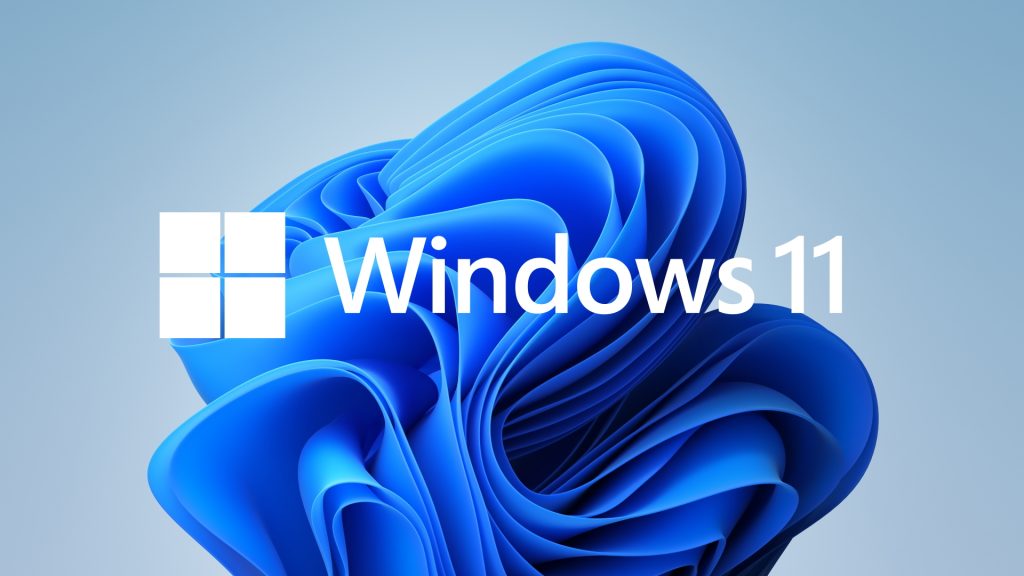
Microsoft’s Windows 11 system requirements have caused a stir, not least because of the seemingly arbitrary processor limits. Microsoft also states that a machine must have a Trusted Platform Module (TPM) and a version 2.0 version at that. While many modern laptops have a TPM 2.0 chip, desktop motherboards do not. Anecdotally, our Gigabyte AORUS PRO WIFI X570 motherboard has a TPM header, but no TPM chip.
On the face of it, we would need to purchase a TPM 2.0 chip to run Windows 11, which currently sell for exorbitant amounts. Initially, Microsoft stated that a TPM 1.2 chip would do, but it has since clarified that only TPM 2.0 will do. However, that is not necessarily the case, despite Microsoft’s insistence to the contrary.
If your machine does not have a dedicated TPM chip, your CPU may have an equivalent built-in. Specifically, Intel integrates Platform Trust Technology (Intel PTT) in its modern processors, while AMD uses something called PSP fTPM. Many motherboard manufacturers disable these by default, but you can enable them from within your motherboard’s BIOS. Every BIOS is different, so we would recommend reading your motherboard’s manual first. For example, Gigabyte stored the AMD PSP fTPM setting under Advanced CPU Settings.
In short, you do not necessarily need to rush out and purchase a TPM chip to run Windows 11 on your desktop machine. Hopefully, Microsoft clarifies this in its Windows 11 system requirements at some stage, because Intel and AMD do not readily market their PTT and PSP fTPM technologies as TPM 2.0 alternatives. Microsoft has also released its inaugural Windows 11 Insider Preview build and has updated its processor requirements to accommodate the Zen 1 and 7th Generation Core families.
As far as we can tell, there is only one downside to using Intel PTT or AMD PSP fTPM over a dedicated TPM 2.0 chip. If you enable BitLocker, then all your keys will be saved to your processor, not a separate chip. Hence, changing your processor will remove your BitLocker keys and will cause problems. Not enabling BitLocker would avoid these problems, though.























